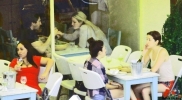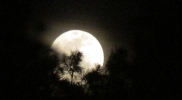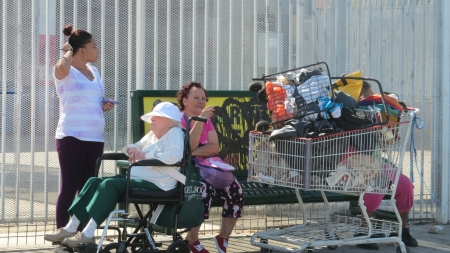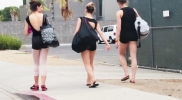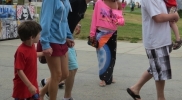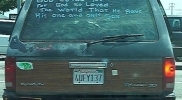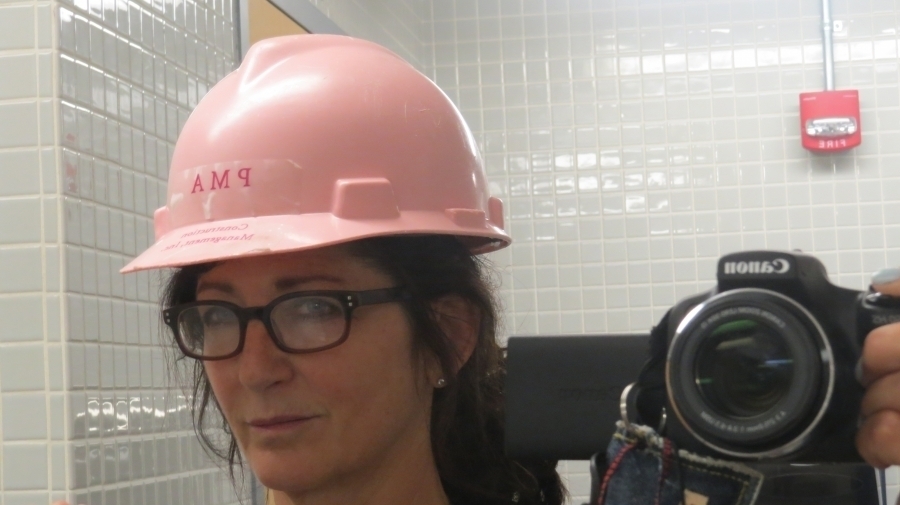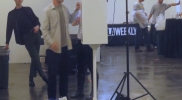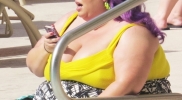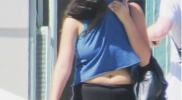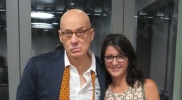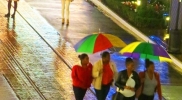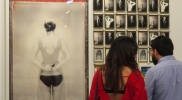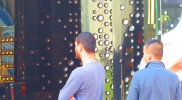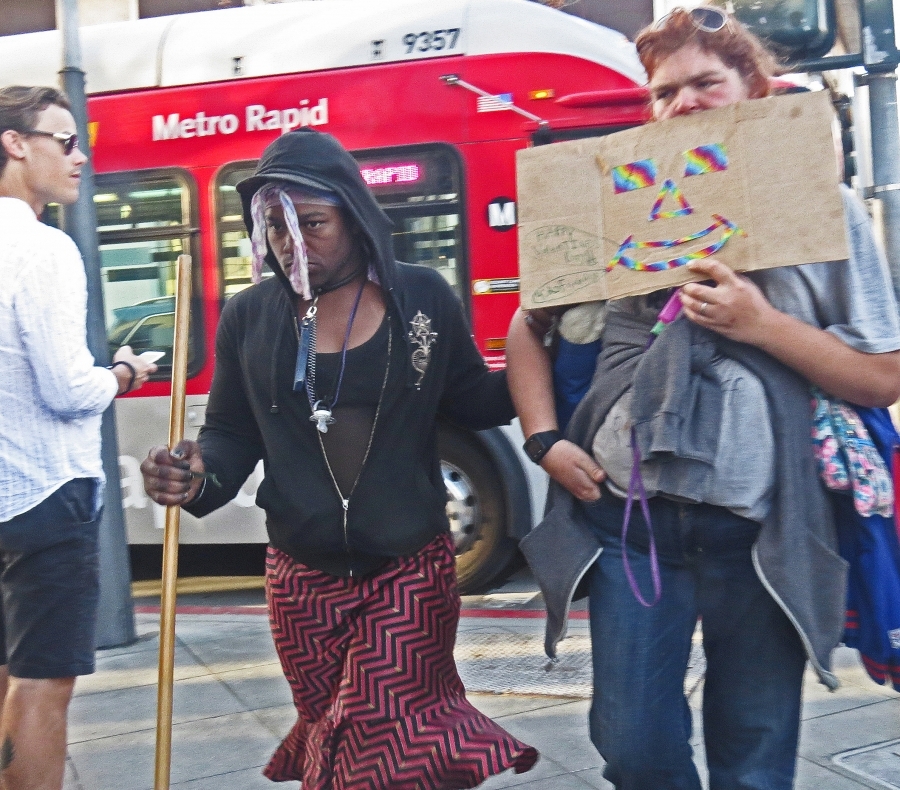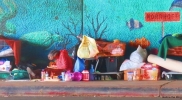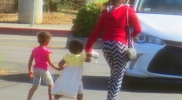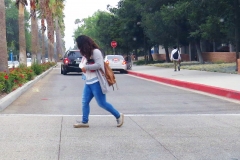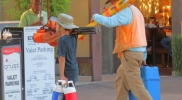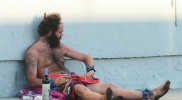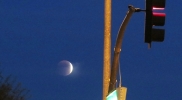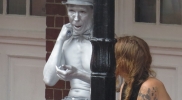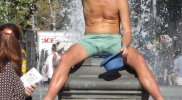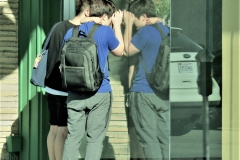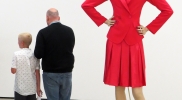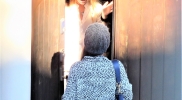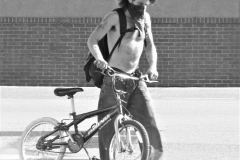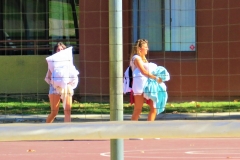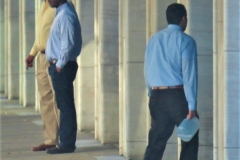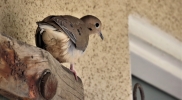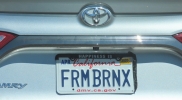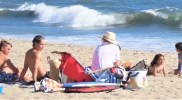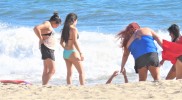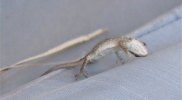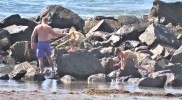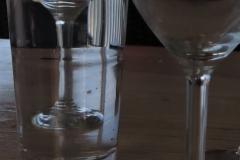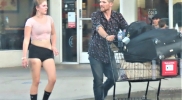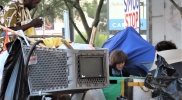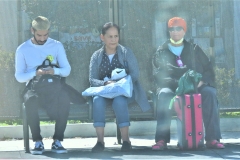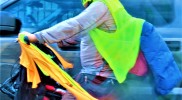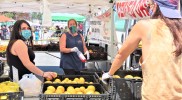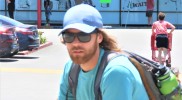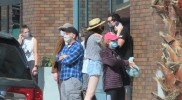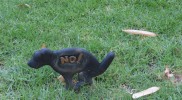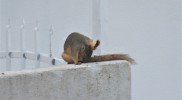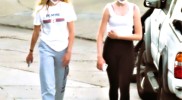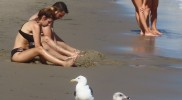|
|
Best Trivia - Gardening
|
Favorite Trivia – GEOGRAPHICAL PLACES & HISTORICAL LANDMARKS
|
|

Gutzon Borglum – Sculptor of Mount Rushmore in South Dakota. It took Borglum 14 years to complete, 1927-41 (his death). The four presidents Borglum sculpted were: Washington, Lincoln, Jefferson, and Roosevelt (Theodore).
Zinsser – American Places
|

Burano Houses – Burano Island in Italy where all the houses are painted different bright colors to distinguish one from the other in an area known for dense fog. |
| America: The country where they lock up juries and let the defendant out.”
Evan Esar – Esar’s Comic Dictionary
|
| “I think we should take Iraq and Iran and combine them into one country and call it Irate.”
Denis Leary (That’s Really Funny)
|
| “I’d visited the historic Kremlin and the museums. The very city of Moscow itself had great appeal in a pomp and splendor almost oriental. One church [St. Basil’s Cathedral] was especially beautiful. Ivan the Terrible had put the architect’s eyes out after he’d finished building it so that he could not see to design another like it.”
Maud Parrish – Nine Pounds of Luggage
|
| “I now happen to live in both towns [NYC & LA], back and forth, and to like certain things in both of them. . . The New Yorker transplanted to Los Angeles may in a year or so learn to like the place. . . He can learn to stay home from banquets where they may discuss ‘our beloved California.’ And he will come to enjoy living outdoors, and stepping out into a garden instead of into an elevator.” [April 14, 1934]
Don Herold (Dear Los Angeles: The City in Diaries and Letters: 1542 to 2018, ed. by David Kipen)
|
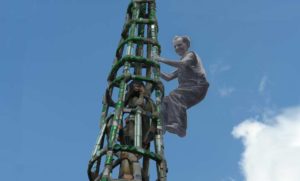 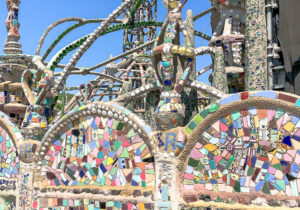
“At that time in Watts there was an Italian man, named Simon Rodia—though some people said his name was Sabatino Rodella, and his neighbors called him Sam. He had a regular job as a tile setter, but on weekends and at nighttime, under lights he strung up, he was building something strange and mysterious and he’d been working on it since before my boy was born. Nobody knew what it was or what it was for. Around his small frame house he had made a low wall shaped like a ship and inside it he was constructing what looked like three masts, all different heights, shaped like upside-down ice cream cones.
“First he would set up skeletons of metal and chicken wire, and plaster them over with concrete, then he’d cover that with fancy designs made of pieces of seashells and mirrors and things. He was always changing his ideas while he worked and tearing down what he wasn’t satisfied with and starting over again, so pinnacles tall as a two-story building would rise up and disappear and rise again. . .
“Mr. Rodia was usually cheerful and friendly while he worked, and sometimes, drinking that good red wine from a bottle, he rattled off about Amerigo Vespucci, Julius Caesar, Buffalo Bill and all kinds of things he read about in the old encyclopedia he had in his house. . . the local rowdies came around and taunted him and threw rocks and called him crazy, though Mr. Rodia didn’t seem to pay them much mind.” [April 22, 1971]
Charles Mingus (Dear Los Angeles: The City in Diaries and Letters: 1542 to 2018, ed. by David Kipen)
|
| “We had been invited to a ranch and vineyard about nine miles east, and went with a friend on Tuesday evening. It lies near San Gabriel Mission, on a most beautiful spot. . . This southern California is still unsettled. We all continually wear arms—each wears both bowie knife and pistol (navy revolver), while we have always for game or otherwise, a Sharp’s rifle, Sharp’s carbine, and two double-barrel shotguns. Fifty to sixty murders per year have been common here in Los Angeles, and some think it odd that there has been no violent death during the two weeks that we have been here.” [December 4, 1860]
Up and Down California in 1860-1864: The Journal of William H. Brewer
|
| “I don’t remember how old I was when I first heard Los Angeles described as a ‘wasteland’ or ‘seven suburbs in search of a city’ or any of the other curious remarks uttered by people. It was never like that for us growing up here. For one thing, there was always so much going on, so many different people, and my mother’s constant soirees and dinners.
“‘Wasteland’ is a word I don’t understand anyway because physically, surely, they couldn’t have thought it was a wasteland—it has all these citrus trees and flowers growing everywhere. I know they meant ‘culturally.’ But it wasn’t. Culturally, L.A. has always been a humid jungle alive with seething L.A. projects that I guess people from other places just can’t see. It takes a certain kind of innocence to like L.A., anyway. It requires a certain plain happiness inside to be happy in L.A., to choose it and be happy here. When people are not happy, they fight against L.A. and say it’s a ‘wasteland’. . .”
Eve Babitz – Eve’s Hollywood
|
| “People nowadays get upset at the idea of being in love with a city, especially Los Angeles. People think you should be in love with other people or your work or justice. I’ve been in love with people and ideas in several cities and learned that the lovers I’ve loved and the ideas I’ve embraced depended on where I was, how cold it was, and what I had to do to be able to stand it. It’s very easy to stand L.A.”
Eve Babitz – Slow Days, Fast Company: The World, The Flesh, And L.A.
|
| “. . . California has the lowest point in the United States, Death Valley, only eighty miles away from the highest, Mount Whitney . . .”
Eve Babitz – Slow Days, Fast Company: The World, The Flesh, And L.A.
|
| “It was one of those nights when the Santa Anas were blowing so hard that searchlights were the only things in the sky that were straight. From earliest childhood I have rejoiced over the Santa Ana winds. My sister and I used to run outside and dance under the stars on our cool front lawn and laugh manically and sing ‘Hitch-hike, hitch-hike, give us a ride,’ imagining we could be taken up into the sky on broomsticks. . . Every time I feel one coming, I put on my dancing spirits.”
Eve Babitz – Slow Days, Fast Company: The World, The Flesh, And L.A.
|
| “Ted and I looked so longingly at the farms on the hilltops here [Northhampton]. We would like a spreading house, with a couple of apple trees, fields, a cow, and a vegetable garden, because we can’t stand city living and don’t enjoy suburbs where neighbors’ children and radios impinge on the air.” [Undated; November 1957]
Sylvia Plath – Letters Home: Correspondence 1950-1963, ed. by Aurelia Schober Plath
|

Comments are closed.
|
|
